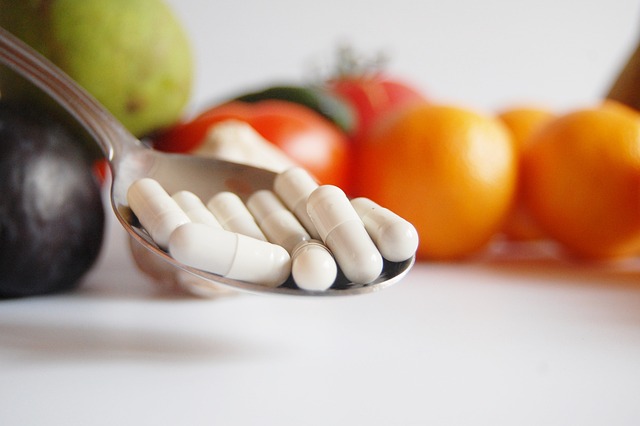Understanding Acetylcysteine: Dosage, Uses, and Side Effects

Acetylcysteine, commonly known as NAC, is a medication that has garnered attention for its versatile applications in both medical and wellness fields. Originally developed as a mucolytic agent to help loosen mucus in individuals with respiratory conditions, its benefits extend far beyond that. In this post, we will delve into the dosage, uses, and side effects of Acetylcysteine, providing a comprehensive overview for anyone considering its use.
What is Acetylcysteine?
Acetylcysteine is a derivative of the amino acid cysteine. It is primarily utilized in medical settings to treat acetaminophen (Tylenol) overdose. By replenishing glutathione, a powerful antioxidant, it mitigates liver damage caused by excessive acetaminophen intake. Additionally, NAC is known for its mucolytic properties, helping to thin and loosen mucus in conditions like chronic obstructive pulmonary disease (COPD) and cystic fibrosis.
Dosage Guidelines
The dosage of Acetylcysteine varies based on the intended use. Below is a summary of typical dosages:
| Use | Dosage |
|---|---|
| Acetaminophen Overdose | 140 mg/kg loading dose, followed by 70 mg/kg every 4 hours for 17 doses |
| Chronic Bronchitis | 600 mg once daily |
| Cystic Fibrosis | 600 mg to 1200 mg daily divided into 2-3 doses |
Uses of Acetylcysteine
While Acetylcysteine is predominantly known for treating acetaminophen overdose, its applications are extensive:
- Mucolytic Agent: Helps reduce mucus viscosity in respiratory conditions.
- Preventing Contrast-Induced Nephropathy: Used prior to imaging studies involving contrast agents to protect kidney function.
- Antioxidant Support: NAC is a precursor to glutathione, providing antioxidant protection to cells.
- Potential Mental Health Benefits: Some studies suggest it may support mental health by modulating glutamate levels in the brain.
Possible Side Effects
As with any medication, Acetylcysteine may cause side effects. The most common side effects include:
- Nausea and vomiting
- Diarrhea
- Abdominal pain
- Rash or allergic reactions in some individuals
Most side effects are mild and transient. However, if you experience severe allergic reactions, such as difficulty breathing or swelling of the face, immediate medical attention is necessary.
Final Thoughts
Acetylcysteine is a versatile medication with a range of applications, from treating acetaminophen overdose to providing antioxidant support. Understanding the appropriate dosage and potential side effects is essential for anyone considering its use. If you’re interested in learning more about this medication, consider consulting with a healthcare professional or checking reputable sources like the National Center for Biotechnology Information for further information.
